On 1st December 2016 about 60% of Gambian electorates decided to vote out the Yaya Jammeh Dictatorship. Out of this 60%, Barrow got 43% and Mama Kandeh got 17%. Hence this democracy that we have is the creation of Gambian citizens. Barrow has now served for one year. How well or not did he serve the Gambia? In other words has he met the expectation that as a new president he has expanded democracy and entrenched good governance within the wider framework of system change? How has this happened or has it not happened?
After one year, Barrow has sought well to connect with the rest of the world by embarking on massive foreign travels to states and organizations to re-establish Gambian’s erstwhile enviable position. However the uncontrolled and exorbitant cost of foreign travels remains a major challenge; not just for the per-diems but also because of absence of ministers and their officials from their desks to attend to urgent national issues at home.
After one year, I see minimal effort in expanding democracy. For example, Barrow promised in his campaign that within six months of coming to power he would repeal all laws that infringe on democracy, human rights and limit people’s participation in the political process. Not only has Barrow failed to do that, but also the Supreme Court made it even worse by declaring the obnoxious Public Order Act as constitutional contrary to regional and international human rights norms and principles of democracy!
However Barrow has so far demonstrated decorum, humility and civility at the personal level to make the presidency an embodiment of respect contrary to the outrageous arrogance and stupidity characteristic of the Yaya Jammeh presidency. There have been some instances where the government accepted its errors and corrected itself such as in the first constitutional amendment on the age of the vice president and judges when it was noted that the process was unconstitutional. This means Barrow indeed listens to and accepts public opinion.
But it is concerning that Barrow has maintained or appointed the same Yaya Jammeh enablers in strategic and critical positions in our public and security institutions. Some of those people were not just enablers but were also accomplices in economic crimes against the Gambia as being exposed by the Janneh Commission. A lot of these institutions such as the NIA, Prisons and the Police including the PIU remain intact with more or less the same leadership and personnel.
One wonders why Barrow still keeps these people to run his government as if he did not realize that we voted for him to effect system change in our society. How can we have system change when abettors and aiders of tyranny still maintain their positions, power and influence in the state? For example I still cannot fathom how on earth could Barrow ignore the petition of the Legal Adviser of the NIA Mr. Badji who raised some serious issues of corruption, evidence tampering and lack of system change within the county’s topmost spy agency.
Barrow did well to set up the Janneh Commission and also create laws for the establishment of a truth commission, a human rights commission and a constitutional review commission. This is a step in the right direction even though these commissions could have come much earlier to better demonstrate the sense of urgency and seriousness of this government to fully democratize the Gambia.
After one year, my greatest concern is the emergence of political patronage, the use of executive directives and the general slow pace of system change by Barrow. For example the refusal of Barrow to disclose or declare the donation of houses by a Senegalese businessman and the subsequent donation of 57 vehicles by an unidentified person or entity are a direct threat to our democracy and good governance and a violation of the constitution.
Also the incidence of appointments into the public service on the basis of party affiliation, family or tribe and other sectarian considerations are a major cause for concern. Then you have the unexplained dismissal of former Minister Mai Ahmad Fatty and the arbitrary redeployment of Nani Juwara of NAWEC as well as the growing influence of so-called Ambassadors at-large and ‘Advisors’ at State House are indeed concerning. These are the acts of poor leadership perpetrated by Yaya Jammeh hence it is indeed frightening to see similar practices under Barrow.
Furthermore the creation of the Barrow Youth Movement is an undemocratic practice that is only perpetrated by dictators. In a democratic society, there are no such movements or organizations named after sitting presidents. And in the case of the Gambia it is even more concerning given the way and manner such practices have damaged our politics since independence.
After one year, Barrow has not done much to exert his full presence on the Gambian society as is expected of a president. The periodic press conferences by the Ministry of Information and the Director of Press are indeed good practices in the right direction. However it was important that Barrow had given more time to visit Gambian communities, give more press conferences and deliver more public statements more frequently in order to further stabilize and energize the country.
Given the polarized nature of our society due to the dictatorship and the dire social and economic conditions, the role of a president to provide assurances, direction and unify the people cannot be over-emphasized. The mere presence and visibility of Barrow would have also served to generate a greater sense of security as well as dilute the strength of negative forces seeking to sow seeds of tribalism, nepotism and other forms of sectarianism and division in our society.
One of the most severe damages Gambians suffered under Jammeh was the denial of social and economic rights by seizing people’s lands and other properties and closure of businesses. While many individuals and communities have recovered their lands and other properties, yet after one year Barrow has not dealt adequately with the Bakoteh dumpsite and especially with the Golden Lead factory in Gunjur that is now dumping more toxic waste in other communities further away.
Similarly the plight of the victims of APRC Tyranny continues to worsen daily without any tangible solution. From April 2000 to April 2016 and many more victims, there are lot of Gambians in physical and mental pain yet there is still no definite government program to provide urgent medical services to them. The demise of Solo Koroma, Lang Marong, Ebrima Ceesay and just now Femi Peters point to the urgency of the issue. In fact Barrow could only meet victims for the first time in December 2017 in the wake of the visit by the German President. Why?
Barrow must however be credited for fulfilling his negative obligation of not directly and blatantly interfering with civil liberties. Over the period Gambians have been able to express themselves as much as they could on various platforms without fear of reprisals. Not only does he maintain the supremacy of the constitution, but Barrow has also spoken in very clear terms of his commitment to human rights. The incidence of arbitrary and rampant dismissals of public officers or arrest and detention of citizens has been almost absent hence contributing to ensuring the stability of the government and country. This is indeed in the right direction in order to nurture democratic culture and constitutionality.
In light of the foregoing, Barrow’s one year did make significant contributions yet also leaves much to be desired. The pace and manner with which we envisage himself and his government to perform and conduct themselves could have been far better. While it is commendable that there is a more reasonable budget yet the 2018 budget contains some allocations that are unjustifiable and exorbitant such as Office of the President and Donations while others are provided pittance.
Fundamentally, system change has been largely minimal and his impact on the social and economic conditions of the population is low. Delivery of public services remains more or less at the same appalling state while public sector efficiency appears to have either remained at the same level as at December 2016 or even gone down. There have not been more deliberate and urgent steps to entrench efficiency, transparency and accountability of public institutions and officers.
Barrow must realize that the Gambia continues to be peaceful today and democracy is flourishing mainly because Gambians made it so. His job therefore is to expand that democracy by conducting himself along the principles of good governance and human rights and generating national unity. Barrow must realize that the verdict on December 1 was not primarily because of him, rather it was first and foremost a vote against Jammeh and Dictatorship and in favour of democracy and good governance.
Hence Barrow must realize that in order to vindicate that verdict and uphold the expectations of the people and make his legacy invaluable and historic he must be seen to demonstrate a better leadership. This means he must stand firm on the side of expanding and protecting the civil, political, economic and social rights of Gambians. He must ensure that bad laws are removed and good laws are created and enforced. He must ensure that the public service is transparent, accountable and efficient by appointing competent and clean professionals into strategic positions. A lot of these have not happened over the past year. We hope his second year will witness a change in style, leadership and performance.
For the Gambia, Our Homeland!


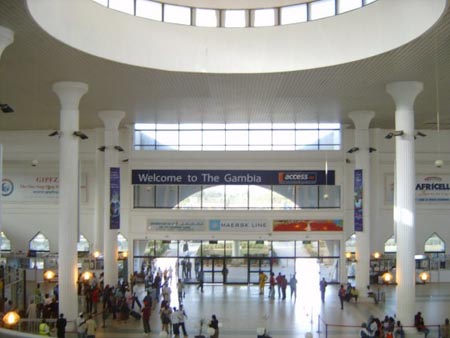
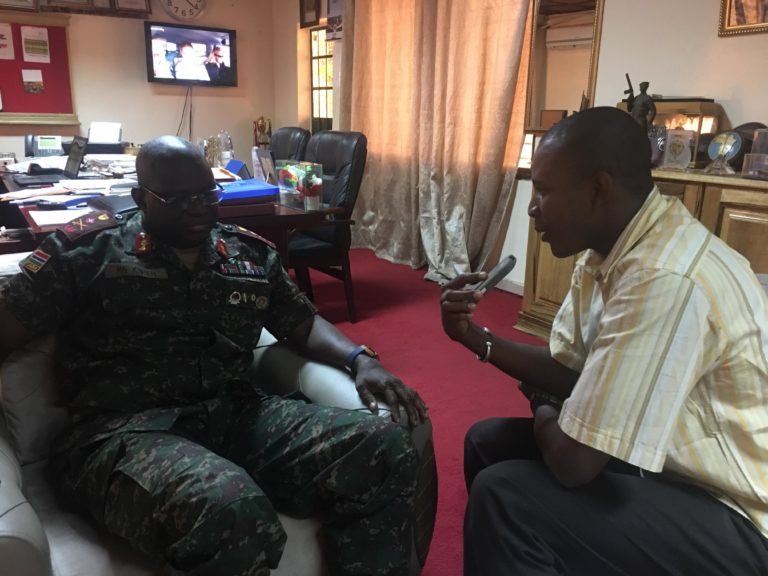
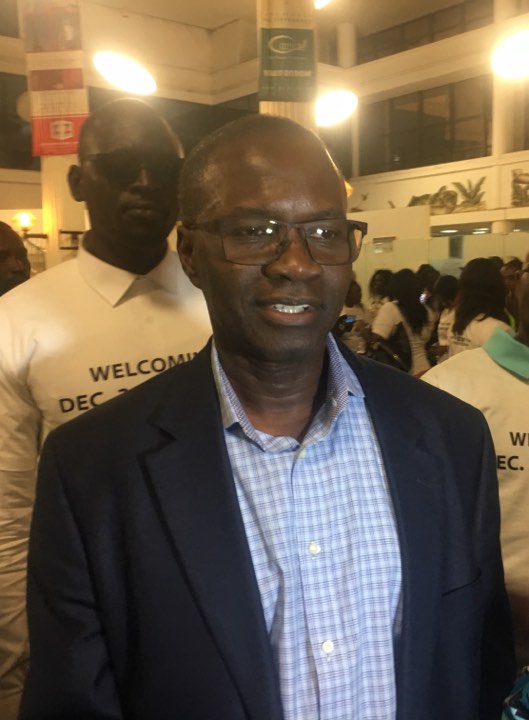
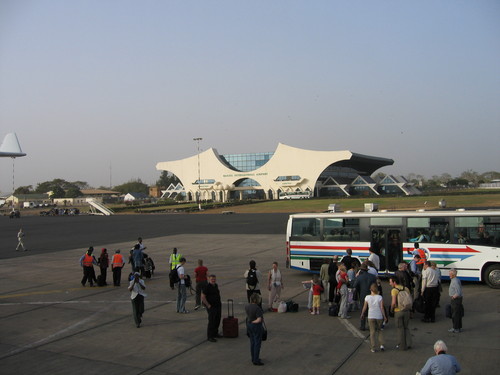

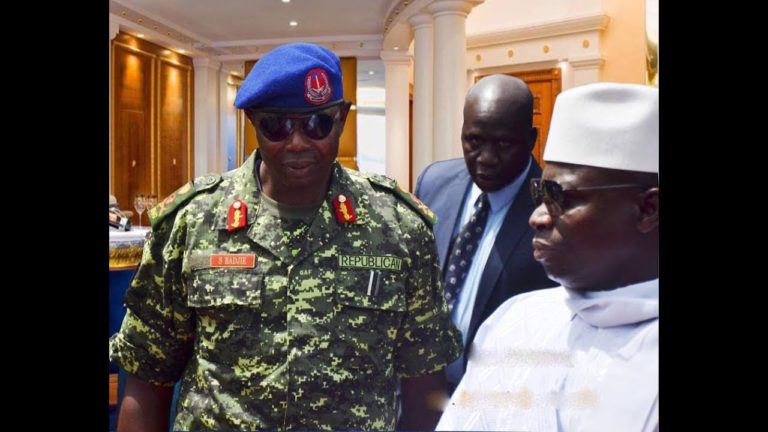
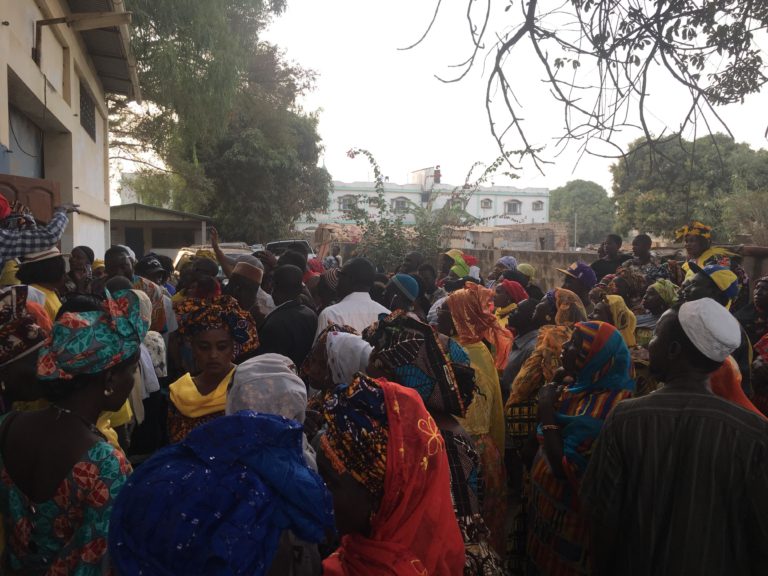


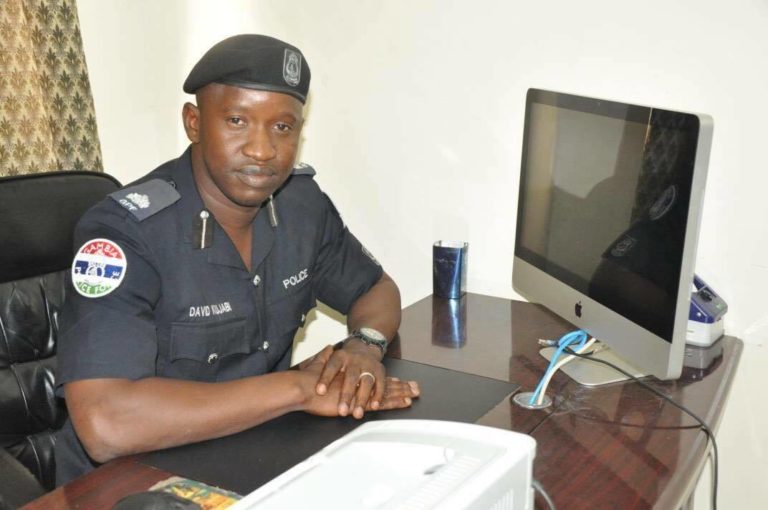
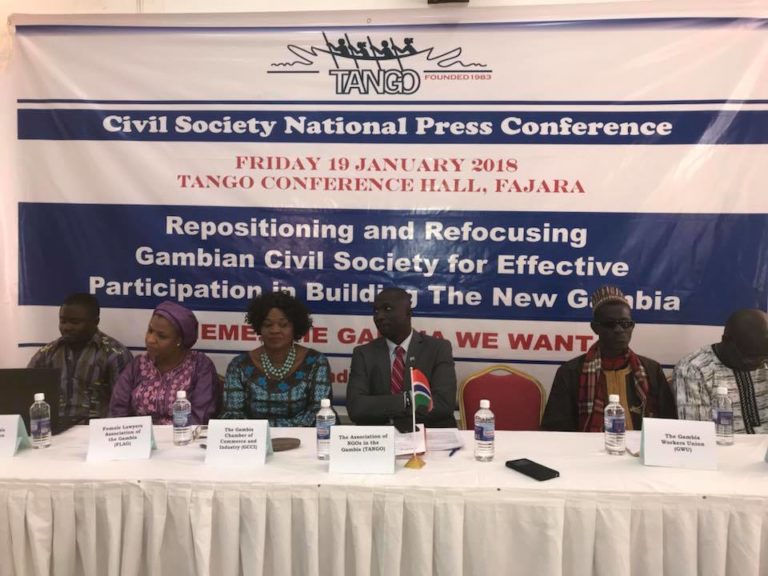
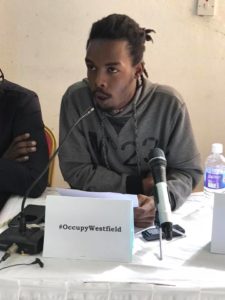
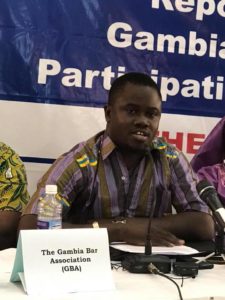
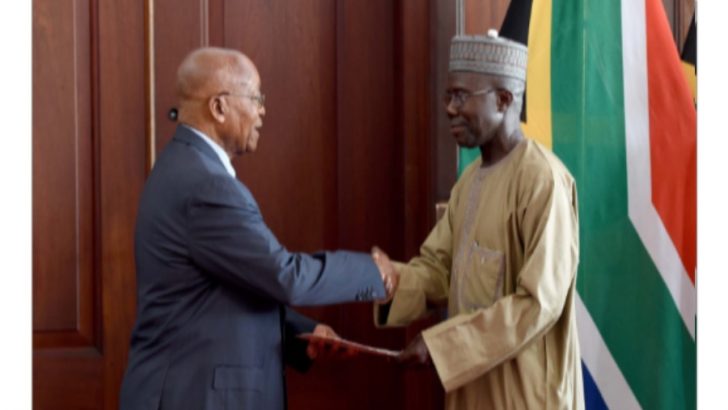
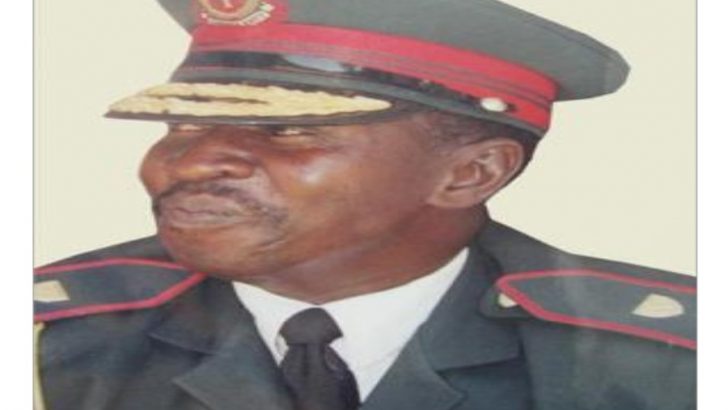
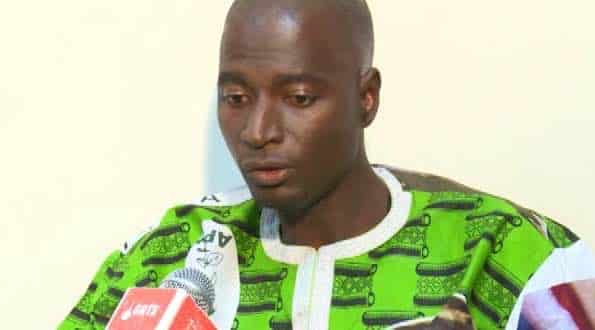
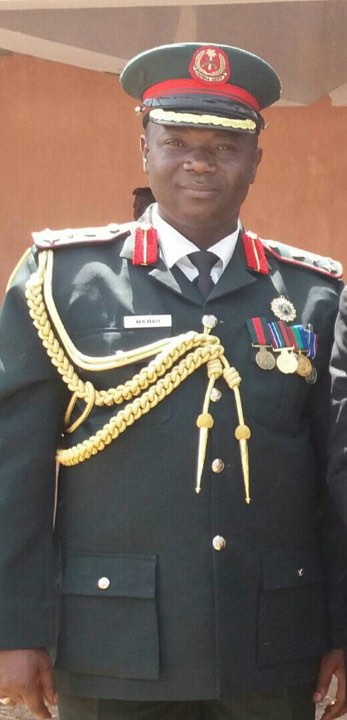

 it isn’t any different from Stalinism and all the other -isms hadn’t it being sugarcoated!
it isn’t any different from Stalinism and all the other -isms hadn’t it being sugarcoated!
What is the ‘’Barrow-Doctrine” in International Affairs?
Friday, 19th January 2018, marks exactly one year to the day since President Adama Barrow was sworn into office on a coalition government ticket. At a time of heightened tensions & concern in the region amid a lunatic tyrant, Gambians rose in their thousands by voting for change in the most unlikely of election surprises West Africa has ever known. A lot has happened since in terms of the country’s image & its relations with the outside world; incidentally the premise of this piece.
In a vibrant democratic setting such as the United States, one of the avenues or criteria by which a president’s foreign policy credentials are measured and analysed is through a simple, albeit complex definitional ”doctrine” typology. From the founding fathers of American liberalism in Thomas Jefferson, Lincoln, to the Clinton years, Bush Dynasty, and the Obama administration respectively – successive American presidents have been subjected to this analytical toolkit in ‘White House’s application of foreign policy around the world. The ‘State Department’, led by the Secretary of State, is the public face & advocate of American foreign policy shuttling from one country to the next carrying the President’s messages to world capitals.
Since advent of ‘The Berlin Wall’, past American president are known to pursue a ‘Containment’ policy in tussling with the Soviet Union for supremacy. Bill Clinton though came to power by putting economic competitiveness at the heart of U.S. foreign policy. Presidential historian, Douglas Brinkley, described the strategy as ‘Democratic Enlargement’ given that administration’s push for democracy in Asia and ‘Eastern blocks’. The ‘Bush Doctrine’ can be summarised as ‘pre-emptive war’ with regards to all the wars America started under his watch ‘unprovoked’. Bush was a total failure in the arena of external relations pursuing an aggressive policy style dividing countries into friends or foes. President Obama came into office with renewed purpose; and history weighing on his shoulders. He settled for a measured doctrine ‘negotiation and collaboration’ in international affairs especially after the memorable speeches he gave in Cairo and Berlin respectively. And he has governed that way too ending 50 years of failed U.S policy on Cuba, the Iran nuclear deal, The Paris climate accord, among others. As for Trump, he does not count – a ‘Twitter President’ lacking conscience driving America into a ditch.
In the United Kingdom, the Foreign and Commonwealth Office run the show, staffed by a complex network of diplomats as the Ministry tasked with expanding Britain’s influence across the globe. For better or for worse, Britain had dominated & ruled the world through systemic dominance & deceit designed on ‘national Interest’ terms. That policy has remained somewhat constant since ‘independence’ regardless what political party or Prime Minister holds the sway of power at ‘Westminster’.
Coming to the ‘Barrow Administration’ and its venture in international affairs, certain factors need counting before getting into analysis, or ‘doctrine’ type semantics! Arriving into Banjul with a clear mandate from The Gambian people, a jubilant crowd stood welcome chanting ‘weew-Barrow’ ‘New-Gambia’ on a momentous day entering ‘Third Republic’. The administration began in earnest appointing Hon: Ousainou Darboe in charge of Foreign Affairs. Like every other Ministry, what he found at No4 Marina Parade was ‘messy’ as relations with the outside world hang at a near-halt.
We should give credit to senior officials at the Foreign Ministry highly trained in the mechanics of international diplomacy. These are the men and women, technocratic, pushing for excellence on a ‘national interest platform’ for the greater good of country. I was, therefore, not surprised to find the administration getting major policy decisions right reengaging with the world. But it is the president who deserve applause setting the agenda & tone for his administration for this turn of events. On the bilateral level, the list of cordial ties with friendly nations keep growing, further reattaching The Gambia to multilateral institutions. The Riyad-Doha crisis, and Trump’s ill-advised ‘Jerusalem’ policy stood as prime examples and a test for the Barrow-government; stood with allies on moral high-ground.
But they have also got certain decisions wrong in my estimation. For instance, given recent experiences, the president should have been the leading voice at ECOWAS calling for more pressure on TOGO and CAMEROON governments respectively to stop the violence against their own people. There is untold human suffering perpetrated by dictators, yet he remained silent. I expect experienced officials at the Ministry to brief foreign minister Darboe on this, as ‘conflict expectation’ grew ever loud.
Another area of concern is the Senegal-Gambia integration framework being patched up without parliament having a say on it. Although I welcome rapprochement wholeheartedly, the president needs to be reminded he cannot just sign major agreements without parliamentary oversight. And at a time of rising rebel-activity across the ‘Cassamance’ border, free movement of people between the two countries should be halted – until a final solution on that crisis is resolved. The Gambia’s national security is at stake here, raising major questions for a young democracy still finding its feet.
From the tip of the South-China Sea to the decked halls of the European Union, in Brussels, the question Gambia analysts are grappling with is what ‘The Barrow-doctrine’ is with regards to foreign policy. My own take is that the administration is only one year old and that the president, like any other statesman around the world, is growing stronger and wiser with time getting to grips with the magnitude & intricacies of that office. ‘’Time is a great healer”, so they say; today he has grown confident into his role in the manner he directs day-to-day state matters. Whilst it is useful to analyse and criticise the administration on policy governance, and how it goes about spending tax-payers cash, it is equally worth our while to remember where we was and how far the administration has pulled the country out of the deep sinking hole it was in a span of twelve months. From what I’ve seen thus far, the ‘Barrow Doctrine’ could be described as ‘Reengaging with the World’.
I will say The Gambia has some really wonderful people working daily for the betterment of the country; but so are insincere characters, in it for themselves and selfish. As for President Barrow, he is an honourable man, and I dare dream what could be achieved should sincerity and National Interest be the administration’s calling card. Today, he is the main man in town; as vested interest approach from every corner seeking audience, albeit profit from that ‘elevated position’. Please, close the investment desk at ‘State House’, for GIEPA, and to separate oneself from businessmen. Be mindful of nepotism also; and to hold weekly Cabinet meetings. If the ‘Janneh Commission is anything to go by, power is inherently corrupt. And as a student of history tracing Africa’s political culture driven by sycophancy and oversize egos, it is wise to reflect on that playbook from time-to-time as guide in day-to-day governance.
Gibril Saine Twitter: @gibbysaine